Topic We Cover: JADAVPUR UNIVERSITY
1. Overview
2. Departments
- FACULTY COUNCIL OF ARTS
- FACULTY COUNCIL OF SCIENCE
- FACULTY COUNCIL OF ENGINEERING & TECHNOLOGY
- INTERDISCIPLINARY STUDIES, LAW & MANAGEMENT
3. CENTRE FOR STUDIES
4. COURSES OFFERED BY THE UNIVERSITY
- ARTS
- SCIENCE
- ENGINEERING AND TECHNOLOGY
- INTERDISCIPLINARY COURSES
5. MINIMUM ELIGIBILITY CRITERIA
6. ADMISSION PROCESS
7. ADMISSION FOR INTERNATIONAL STUDENTS
8. CAMPUS
9. AFFILIATED INSTITUTIONS
10. INTERNATIONAL COLLABORATIONS
11. PLACEMENTS
JADAVPUR UNIVERSITY
Jadavpur University, a State Public University was established in the year 1955 and is situated in Kolkata, West Bengal. It had been accredited a “Grade A” university by National Assessment and Accreditation Council (NAAC). It is also approved by University Grants Commission (UGC), All India Council for Technical Education (AICTE), and National Council For Teacher Education (NCTE).
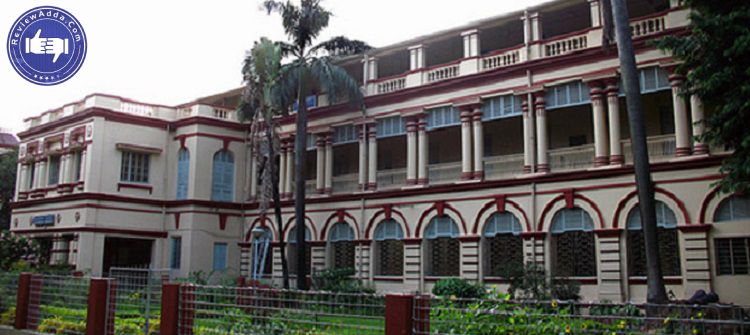
Jadavpur University was initially established as The National Council of Education, Bengal in the year 1906. It was led by intellectual people and other statesmen with a motive to implant global learning, education and technology so that a self-sufficient industrial base for India could be built. The National Council of Education was later renamed as College of Engineering and Technology and was named as Jadavpur University in the year 1955.
Jadavpur University presently is a renowned and internationally recognised University of India. The University provides its students education and teaching and also opportunity to do research work together with Providing services to the society. The programmes offered by the society are such which help students in achieving the best of education and also benefits the society by providing improved technology. The mission of the university is to grow as a diverse and socially responsible educational institution which provides equal opportunity to all for High Quality of Education and scholarship.
The University has following Faculties and Departments through which it provides various undergraduate and Post Graduate Courses to its students. Through these faculties the University provides the young minds a proper ambience for quality education.
FACULTY COUNCIL OF ARTS
- Bengali
- Comparative Literature
- Economics
- Education
- English
- Film Studies
- History
- International Relations
- Library & Information Science
- Philosophy
- Physical education
- Sanskrit
- Sociology
FACULTY COUNCIL OF SCIENCE
- Chemistry
- Geography
- Geological Sciences
- Instrumentation Science
- Life Science & Bio-Technology
- Mathematics
- Physics
FACULTY COUNCIL OF ENGINEERING & TECHNOLOGY
- Adult and Continuing Education & Extension
- Architecture
- Chemical Engineering
- Civil Engineering
- Computer Science & Engineering
- Construction Engineering
- Electrical Engineering
- Electronics & Telecommunication Engineering
- Food Technology & Bio-Chemical Engineering
- Information Technology
- Instrumentation & Electronics Engineering
- Mechanical Engineering
- Metallurgical & Material Engineering
- Pharmaceutical Technology
- Power Engineering
- Printing Engineering
- Production Engineering
INTERDISCIPLINARY STUDIES, LAW & MANAGEMENT
- Advanced Studies in Industrial Pollution Control Engineering
- Automotive Engineering
- Bio-Science and Engineering
- Cognitive Science
- Cultural Texts and Records
- Education Technology
- Energy Studies
- Environmental Radiation and Archaeological Sciences
- Environmental studies
- Illumination Science, Engineering and Design
- International Relations and Strategic Studies
- Laser Science and Engineering
- Material Science and Technology
- Media Communication & Culture
- Mobile Computing and Communication
- Natural Product Studies
- Nuclear Studies and Application
- Oceanographic Studies
- School of Languages and Linguistics
- Water resource Engineering
- Women Studies
CENTRE FOR STUDIES
The University has many Centres for studies from where students can attain education and information and can do research as well.
- Bio Equivalence Centre
- Centre for African Literatures and Cultures
- Centre for Ambedkar Studies
- Centre for Canadian Studies
- Centre for Computer-Aided Design
- Centre for Counselling Services and Studies in Self-Development
- Centre for Distributed Computing
- Centre for European Studies
- Centre for Experiments in Social & Behavioral Sciences
- Centre for Human Settlement Planning
- Centre for Knowledge Based Systems
- Centre for Marxian Studies
- Centre for Mathematical Biology and Ecology
- Centre for Medicinal Food and Applied Nutrition
- Centre for Plasma Studies
- Centre for Quality Construction
- Centre for Quality Management System
- Centre for Refugee Studies
- Centre For Rural & Cryogenic Technologies
- Centre for Sri Aurobindo Studies
- Centre for Surface Science
- Centre for Theatre Studies
- Centre for Translation of Indian Literatures
- Centre for Victorian Studies
- Centre of Indology
- Condensed Matter Physics Research Centre
- Embedded System in Instrumentation
- Hariprasanna Biswas Centre for India-China Cultural Studies
- IC Design and Fabrication Centre
- IMPACT Centre
- Latin American Literature & Culture
- Language Studies
- Nuclear and Particle Physics Research Centre
- Rabindra Studies
- Relativity and Cosmology Research Centre
- Swami Vivekananda Centre for Technical Manpower Development
- Transportation Studies
- Ravi Chandran Centre for Pharmaceutical Sciences [Pharm. Tech.]
- Welding Technology Centre
- Yoga [Phy. Edn]
COURSES OFFERED BY THE UNIVERSITY
Various Undergraduate, Postgraduate and Doctorate Programs are offered by Jadhavpur University in fields like Arts, Science, Engineering & Technology, Architecture, Law and Pharmacy. Courses offered by the University are:
ARTS
|
S.NO |
COURSE |
DURATION
|
|
1. |
Bachelor of Arts in
|
3 Years |
|
2. |
Bachelor of Education (B.Ed.) |
1 Year
|
|
3. |
Bachelor of Physical Education |
|
|
4. |
Bachelor of Library & Information Science |
|
|
5. |
Doctorate of Philosophy in Arts
|
As per University Rules |
|
6. |
Master of Arts in
|
2 years or As per the University Regulations |
 Get Updated Review ( Voice Based Alumni Feeback)
Get Updated Review ( Voice Based Alumni Feeback)
-
 Check Review (Alumni Feedback) - UPES Dehradoon – Click Here
Check Review (Alumni Feedback) - UPES Dehradoon – Click Here -
 Check Review (Alumni Feedback) - Manipal University – Click Here
Check Review (Alumni Feedback) - Manipal University – Click Here -
 Check Review (Alumni Feedback) - Graphic Era University – Click Here
Check Review (Alumni Feedback) - Graphic Era University – Click Here -
 Check Review (Alumni Feedback) - Ansal University, Gurgaon – Click Here
Check Review (Alumni Feedback) - Ansal University, Gurgaon – Click Here -
 Check Review (Alumni Feedback) - Apeejay Stya University, Gurgaon – Click Here
Check Review (Alumni Feedback) - Apeejay Stya University, Gurgaon – Click Here
SCIENCE
|
S.NO |
COURSE |
DURATION
|
|
1. |
Bachelor of Science in
|
3 Years |
|
2. |
Doctorate of Philosophy in Science
|
As per University Rules
|
|
3. |
Master of Science in
|
2 Years and the evening courses are of 3 Years Duration. |
ENGINEERING AND TECHNOLOGY
|
S.NO |
COURSE |
DURATION
|
|
1. |
B.Ed. in Special Education |
1 Year |
|
2. |
Bachelor of Architecture |
5 Year |
|
3. |
Bachelor of Civil Engineering |
4 year |
|
4. |
Bachelor of Engineering in
|
4 Year |
|
5. |
Bachelor of Pharmaceutical Technology |
4 Years |
|
6. |
Bachelor of Pharmacy |
4 Years |
|
7. |
Bachelor of Pharmacy (Ayurveda) |
4 Years |
|
8. |
Bachelor of Technology in
|
3 Years |
|
9. |
M E in Printing Engineering & Graphic Communication |
2 Years |
|
10. |
Master of Bioprocessing Engineering |
2 Years |
|
11. |
Master of Computer Application |
3 Years |
|
12. |
Master of Architecture |
2 Years |
|
13. |
Master of Engineering in
|
2 years |
|
14. |
Master of Pharmaceutical Technology |
2 Years |
|
15. |
Master of Pharmacy in Clinical Pharmacy and Pharmacy Practice |
2 Years |
|
16. |
Master Of Technology in
|
2 Years |
|
17. |
Master of Technology in Intelligent Automation and Robotics (Evening) |
3 Years |
|
18. |
Master of Technology in VLSI Design and Microelectronics Technology |
3 Years |
INTERDISCIPLINARY COURSES
|
S.NO |
COURSES |
DURATION
|
|
|
M.Tech in Illumination Technology & Design |
3 Years |
|
1. |
Master in Multimedia Development |
2 Years |
|
2. |
Master of Arts in Environment & Development |
|
|
3. |
Master of Engineering in
|
2 Years |
|
4. |
Master of Laser Technology |
2 Years |
|
5. |
Master of Nuclear Engineering |
2 Years |
|
6. |
Master of Philosophy in
|
2 Years |
|
7. |
Master of Technology in
|
2 Years |
MINIMUM ELIGIBILITY CRITERIA
The minimum eligibility criteria are different for various courses. The student shall be class XII passed out with at least 50% marks or equivalent from a recognized board for admission to any undergraduate course.
For Postgraduate courses the minimum eligibility is graduation with at least 50% marks or equivalent from a recognised University.
The eligibility criteria vary for Reserved Category students. As per the rules of State Government there is a relaxation in marks for such category students.
ADMISSION PROCESS
For admission in the Undergraduate Courses offered by the Faculty Council of Arts there is a combined process where marks of class XII are considered together with the marks of entrance examination conducted by the university. Similarly for Post graduate courses of Faculty of Arts marks of graduation and an entrance test conducted by the university, both are considered.
For admission into the undergraduate science courses offered by the Faculty Council of Science the only criteria is merit in the previous qualifying exam. And for admission to the Post Graduate Courses, marks in the Bachelor degree together with the entrance exam conducted by the university are considered.
Admission to the undergraduate courses offered by the Faculty Council of Engineering and Technology is conducted on the basis of scores of WEBJEE which is followed by counselling. And for admission to the postgraduate courses of the faculty, GATE Score is mandatory. Those candidates who have not appeared in GATE, there is an entrance test which is conducted by the department and the marks of this entrance test shall be considered.
ADMISSION FOR INTERNATIONAL STUDENTS
Jadavpur University also offers admissions to Foreign Students and this can be availed through the following three categories;
- Through ICCR
- Through an exchange programme
- Self-finance
Under all the above categories, it is mandatory for the students to abide by the admission regulations of the university as per the norms which are set by the government. Aspirants who are seeking admission in the foreign category must hold a valid passport and valid student visa or a research visa (for Ph.D students) and all other necessary documents required for government clearance.
CAMPUS
Jadhavpur University is located in the city of Kolkata which has a vibrant culture. It is located on Raja S.C. Mullik road and the main campus is spread in an area of 58 acres. The second campus of the university is also in a huge area of 26 acres and is situated at Salt Lake. The main campus comprises of various building which includes Central Glass & Ceramic Research Institution, Darshan Bhavan, Pharmacy, Central Library, UG Arts & UG Science Buildings, PG Science & PG Arts Building, School of Printing, Blue Earth workshop, Civil Building, Alumni Building, Computer Centre, etc.
The campus is very good. Wi-Fi is available 24*7. The class rooms are clean and air-conditioned. The campus has lot of greenery, well equipped laboratories and a huge library.
The campus is well connected to all modes of transport. It is just 8 km from Sealdah Railway Station, 15 km by road from Howrah Station, 25 km from Netaji Subhas Chandra Bose International Airport, and just 3 km by road from Metro Station at Tollygunge.
AFFILIATED INSTITUTIONS
The University has two Institutions which are affiliated to it.
- Institute of Business Management
- D.Birla Institute
JADAVPUR UNIVERSITY AND ITS INTERNATIONA COLLABORATIONS
The University has various international collaborations with different Universities, Laboratories and Organisations for research and academic purpose. Here is the list.
- Fermi Laboratory, USA & CRN, France
- Hiroshima University and Hokkaido University, Japan
- Trieste, Italy
- University of Aarhus, Denmark
- University of Arizona, USA
- University of Goteborg, Sweden
- University of Liverpool
- University of Manchester, UK
- University of McGill, Canada
- University of New Castle Tyne, UK
- University of Yale, Germany
PLACEMENTS
Jadavpur University is a World class University and every meritorious and innovative student qualifies from here. The university has its own central Placement and Training Cell which is a link between the job aspirants and the recruiting companies. The placement cell annually organises recruitment activities and campus placements. It also conducts personal training and personality development programmes for the students so that they are ready to face the practical corporate world. Amazon, Deloitte, and DCB Bank are few of the frequent companies to recruit from the campus.

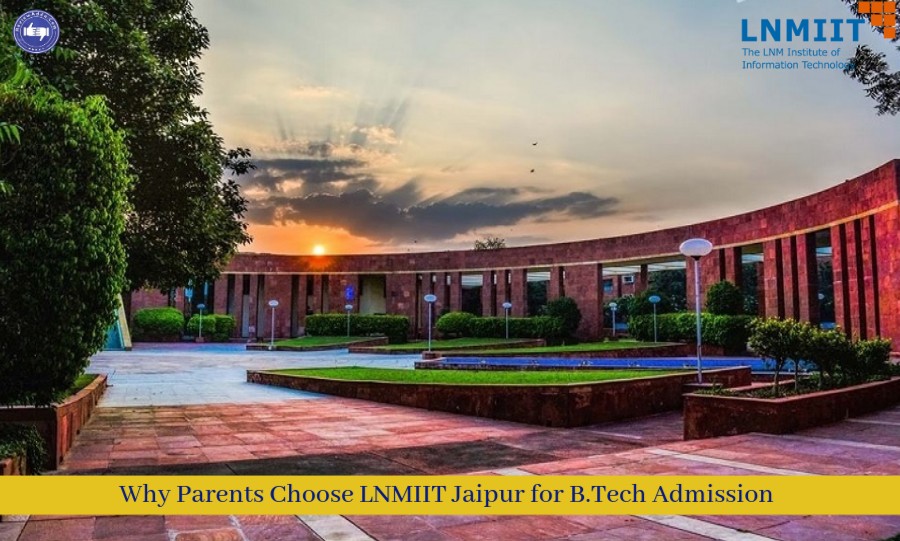
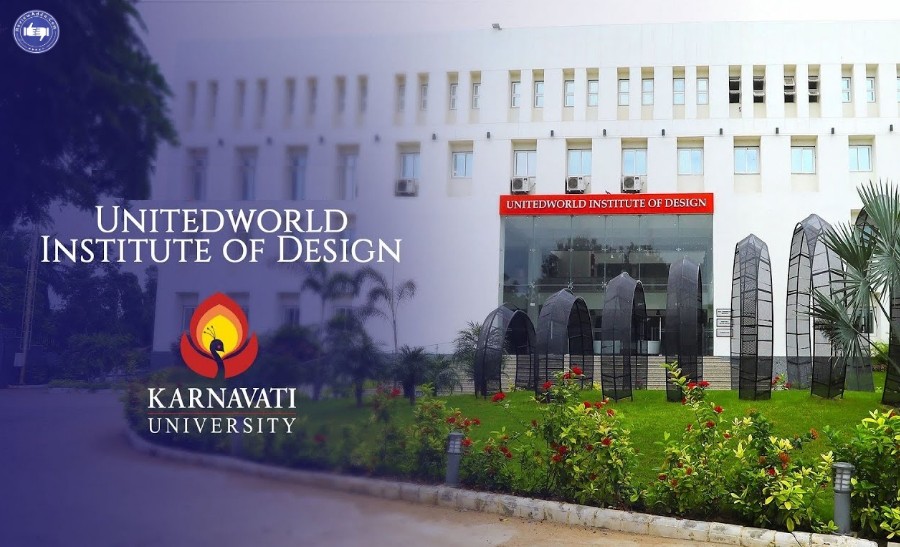
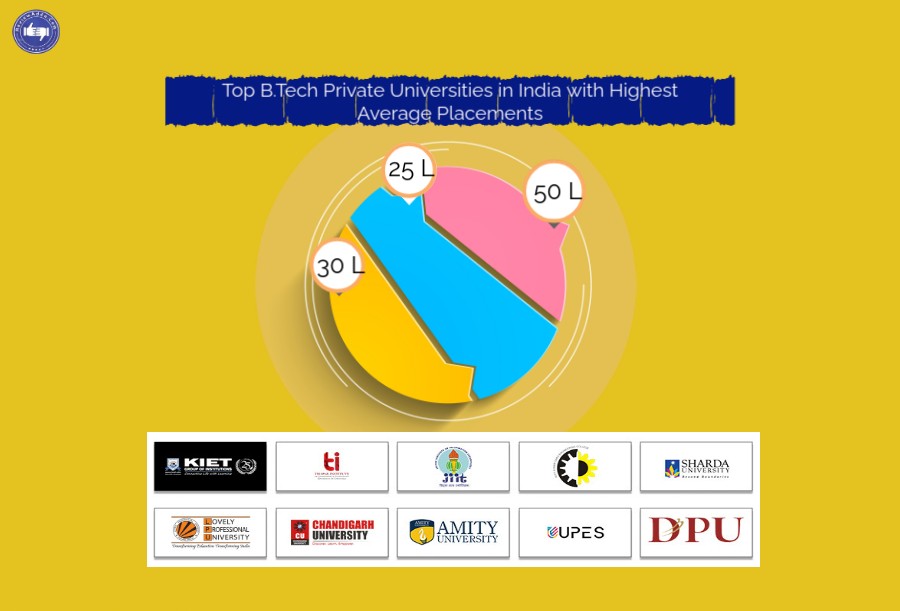
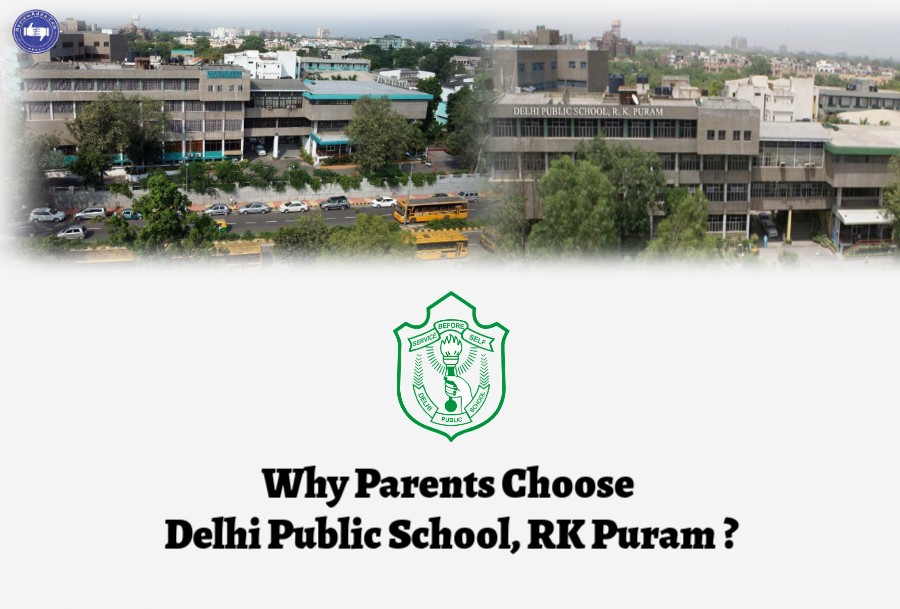
.jpg)
